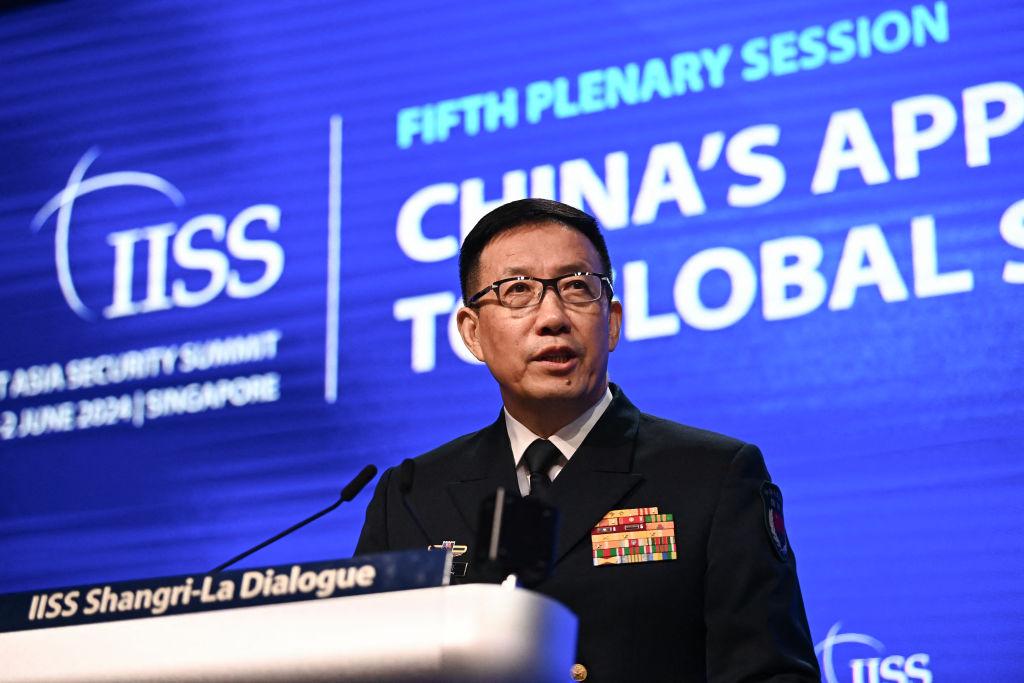China’s new Defense Minister, Dong Jun, recently issued fierce remarks directed at Taiwan. Analysts believe this intimidation tactic is a common cognitive warfare strategy employed by the Chinese Communist Party (CCP). Experts advocate for the effective deterrence capabilities and alliances of democratic countries to counter the regime’s aggression.
“Anyone who dares to separate Taiwan from China is engaging in self-destruction and bound to be smashed to pieces,” declared the new minister.




